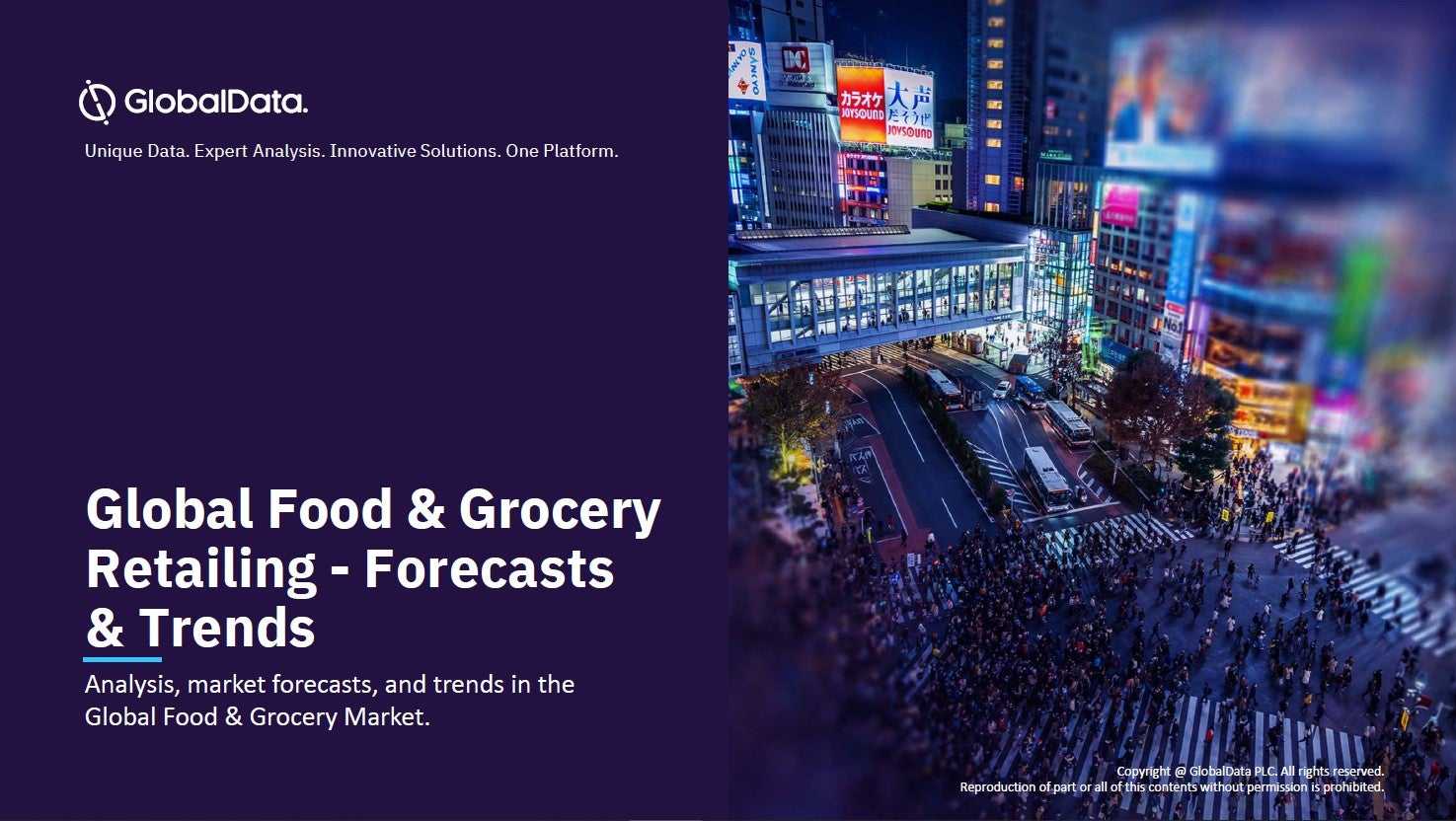Artificial Intelligence (AI) is transforming the food industry by opening the doors to innovation and new product development (NPD), aligning to global food trends. This is not only limited to developed economies but is also taking off in emerging economies.
Could AI transform the food we eat?
A new Brazilian start-up company, Fazenda Futuro has developed a vegan burger using AI technology. The burger has the taste, smell and texture uncannily like the regular meat version, and is prepared from ingredients that include pea, soy, and chickpea protein. The ‘Futuro’ burger also has the same nutritional value as a regular beef burger.
How well do you really know your competitors?
Access the most comprehensive Company Profiles on the market, powered by GlobalData. Save hours of research. Gain competitive edge.

Thank you!
Your download email will arrive shortly
Not ready to buy yet? Download a free sample
We are confident about the unique quality of our Company Profiles. However, we want you to make the most beneficial decision for your business, so we offer a free sample that you can download by submitting the below form
By GlobalDataAnother plant-based food manufacturing company, NotCo, is using AI to create new, plant-based alternatives to popular animal-based foods including mayonnaise, yoghurt, milk and cheese. NotMayo is a plant-based mayonnaise made from garbanzo beans and is available in Walmart, Unimarc, Cencosud and other retailers across Chile.
Globally, consumers are gravitating towards natural and plant-based food and beverages for health and religion, as well as ethical reasons. The use of plant-based ingredients aligns well with the wider trend towards vegan and flexitarian diets as consumers eliminate animal products either all or some of the time. Plant-based ingredients have a healthier halo around them, with many having the perception that products using them are more natural.
Global food trends and technology
According to GlobalData’s consumer survey in Q4 2017, consumers globally are moving towards healthier food trends, with 69% of them perceiving ‘healthy’ as ‘natural’, followed by 61% who consider ‘healthy’ to be a ‘balanced diet’. This perception is likely to persist, not only among health-conscious millennials but also among older cohorts.
Furthermore, owing to the growing working population and hectic lifestyle, consumer demand is shifting towards fast, affordable, and convenient food options. However, convenience and affordability don’t always align effectively with health and wellness. Thus, creativity and innovation are necessary to make those disparate needs work together within a product.
Globally, from market leaders to start-ups, businesses are leveraging advanced technologies, such as AI to capitalise on these demands and are making plant-based options and substitutes. They are doing this by analysing specifics of flavour, aroma, texture and nutritional content that people are looking for and developing meat alternatives in line with these needs. These meat alternatives are giving the consumer the taste they desire but without the negative connotations associated with meat, dairy and poultry. Companies are also striving to make these products easier, economical and convenient for both themselves and the consumer.
Apart from meat, other products include mayonnaise, cookie dough, cheese, chocolate and almost every other food produced using animal-based ingredients are on their radar.
Companies are not only exploring the potential of AI in new product development but are also improving other processes. This is from the start of sorting foods, maintaining health and safety compliance, as well as delivery and customer service, thus reinforcing the supply chain.
Related report:






Related Company Profiles
Ai Holdings Corporation
Fazenda Futuro
Notco, LLC
Cencosud SA
Grupo BIG